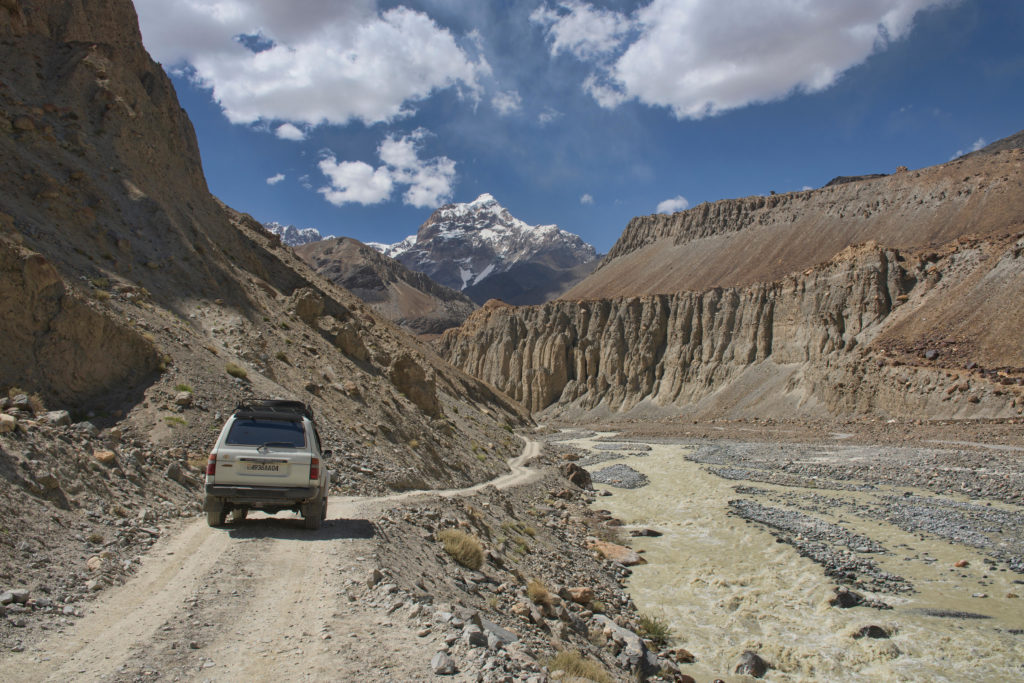China will disburse $125 million to draft a feasibility study and other works for road construction in Tajikistan, linking the centre of the country to its high-altitude Pamirs region in the east.
Over 90 percent of the impoverished Central Asian country’s surface area is covered by mountains and its transportation system mainly relies on roads.
One section of the road will link Kalai-Khumb to Vanj and the Rushon district. The section is a part of the Dushanbe-Kulma highway, its length is 80 kilometres, local media reported.
Infrastructure will be built along the road and all work will be conducted by Chinese specialists. A Chinese company will oversee the work, and construction material and equipment will be exempted from import duties.
According to preliminary estimates, the implementation of the project for the construction of this section of the road will require $228 million.
In June, China provided Tajikistan a grant worth almost $204 million to continue work overhauling roads linking the centre of the country to its eastern regions.
The main objective of the project is to revamp the entire highway all the way to the Kulma Pass, which lies at an altitude of more than 4,300 metres above sea level on the border between Tajikistan’s Murghab district and the Kashgar Prefecture in China’s Xinjiang Uyghur autonomous province.
In October 2019, Tajikistan’s parliament ratified an agreement for Beijing to extend $360 million in grants. The money was used to finance the construction of the Dushanbe-Chanak Highway. It was built by the construction company China Road and Bridge Corporation (CRBC). The road has provided Tajiks with essential, yet unprecedented, traffic access for more than a decade.
Tajikistan is benefitting from considerable international support in piecing back together a road network devastated alternately by war, in the 1990s, and then neglect and underinvestment.
A 58-kilometre section of road leading from Kulob, which is situated about three-and-a-half hours drive on a decent road from the capital, to Kalai-Khum is to be refurbished with $90 million in loans from an array of Middle Eastern partners: the Saudi-based Islamic Development Bank ($14 million), the Saudi Fund for Development ($30 million), the Kuwait Fund for Arab Economic Development ($25.5 million) and the OPEC Fund for International Development ($10 million).

